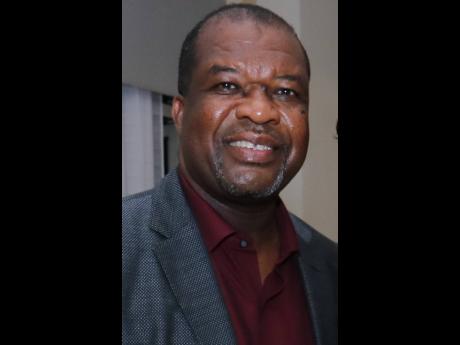47 per cent of hotels remain closed as a result of COVID-19 – survey
WESTERN BUREAU:
A 2021 Jamaica Hotel and Tourist Association (JHTA) survey has shown an alarming figure of 47 per cent of the island’s accommodation inventory that has remained closed as a result of the COVID-19 pandemic.
The hotels closed their doors in March 2020 when the country’s borders were shut tight, but did not reopen in June with some members of the sector.
And the ones who reopened are facing occupancy levels of between 10 and 20 per cent, forcing them to call for support from the Government and the banking sector in order to survive the onslaught of the pandemic.
The industry operators had placed their hopes on a rebound by the first quarter of 2021, but clearly this will not materialise, says the Jamaica Hotel and Tourist Association (JHTA).
The group’s president, Clifton Reader, in a statement Friday evening, noted that last week’s announced cancellation of flights to Jamaica from Canada has had crippling effects, causing the closure of more hotels. The UK, Jamaica’s other main source market, has also closed its borders.
Reader admits that it is only because of a deep commitment and confidence in Brand Jamaica that they are valiantly striving to weather the many storms of COVID-19.
He is calling for a further extension of the Business Employee Support and Transfer of Cash (BEST Cash) and Supporting Employees with Transfer of Cash (SET Cash) programmes, which he says will help provide desperately needed income assistance to the thousands of workers who are either out of jobs or working only a few hours per week.
“Tourism businesses remain in a precarious financial position and are in discussions with their banks to help them weather this continuing economic storm. Notwithstanding, there are many of these businesses that are already showing signs of potential permanent closures. We urgently need Government’s help in negotiating a comprehensive capital markets solution for the industry that will offer those businesses in need of liquidity a well-needed financial bridge,” Reader stressed.
“We’ve been actively working to help ourselves survive, but it has been more than a balancing act, with many in the sector worried they may not be able to remain in business,” he added.

